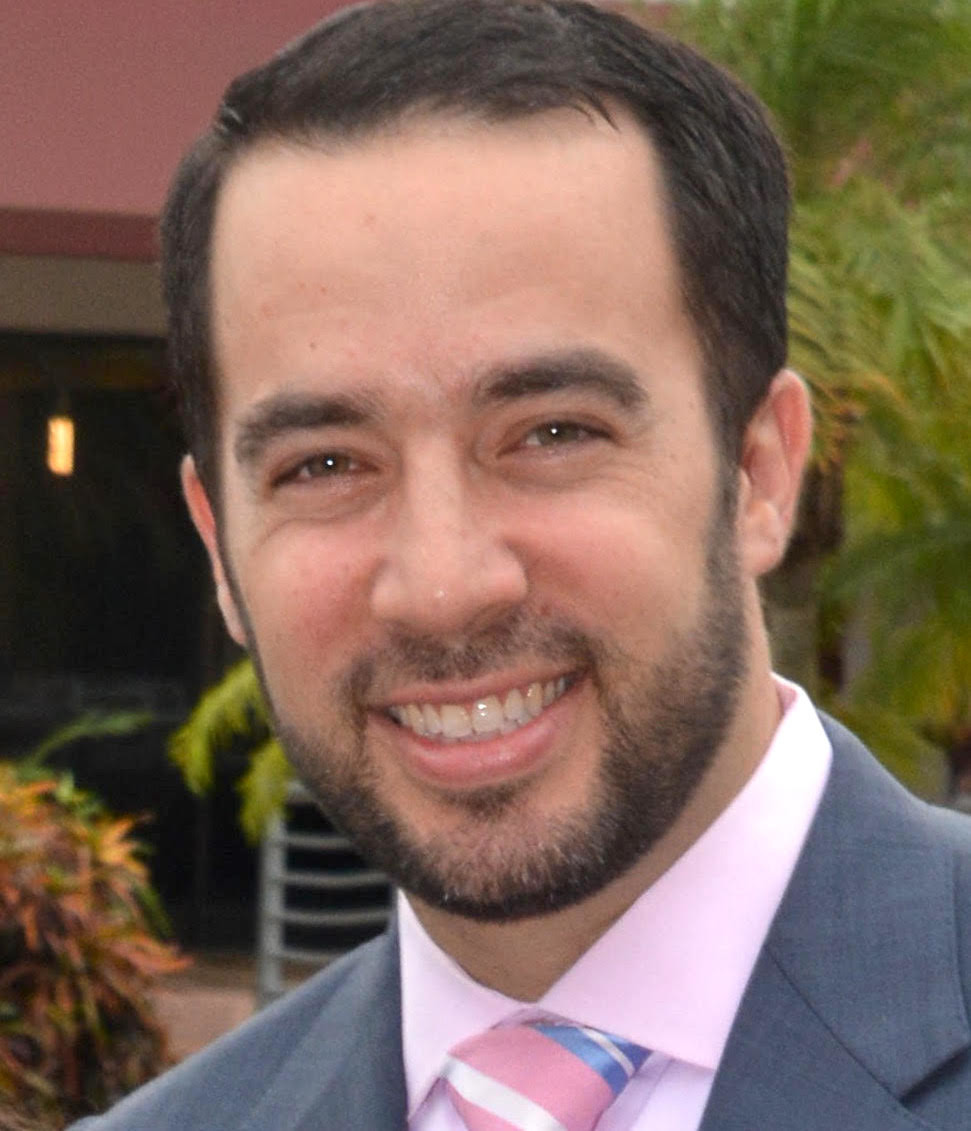What if Pharaoh accepted a different opinion?
One of the most revealing moments in the beginning of Parshat Bo comes when Pharaoh’s officials say to him, in advance of the pending plague of locusts, “How long will this [man] continue to be a menace to us? Let the men go, and let them serve G-d their Lord. Don’t you yet realize that Egypt is being destroyed?” (10:7)
Imagine if he had listened to another opinion! Imagine if he took their collective voice into consideration! Not only would he have avoided the last three plagues, and saved all the firstborns of his nation, but there is a good chance the Israelites would have left for the three-day journey they had been asking for, to worship G-d in the wilderness, and they would have returned to Egypt!
It is incredible to consider what the consequences are when the attitude is “my way, or the highway.”
There is a tremendous quality that defined the Jewish people forever: Being receptive to opposing ideas and innovative thought, and coming to conclusions through processing as much readily available information as we can.
One of the early challenges to Moshe takes place in Bamidbar 11, when Eldad and Meidad prophesy in the camp. Yehoshua, ever the protector of his master Moshe, declared “My Master, Moshe, imprison them!” And Moshe’s response is, “Are you jealous for my sake? I only wish that all of G-d’s people would have the gift of prophecy! Let G-d grant His spirit to them [all]!” (Bamidbar 11:26-29)
What a refreshing thing for a leader to say! Dissent is good! Disagreement is powerful! Sharing prophecy is good for the Jewish people! Hearing different voices is a strength for our community!
Demographics of communities often reflect this. In towns where there is always one shul, and the rabbi rules with an iron fist, shutting down any attempts at a new shul opening, one of two things happen.
The first possibility is that the rabbi lives and dies by the sword. The shul/community doesn’t grow, and when the rabbi retires or dies, the community falls apart.
The other result is that people eventually ignore the rabbi, and the community grows despite the rabbi’s objection, and the rabbi loses support from people who disagreed with his “my shul or bust” approach.
The most successful rabbis and leaders are comfortable in their skin, are cognizant of how a community grows, appreciates and understands how demographics move, adjust and change, and they respond to the needs of evolving times.
Two of the greatest scholars of the Talmudic era were rigid in their approaches to Torah study. Rabbi Eliezer ben Hyrcanus, one of the great students of Rabbi Yochanan ben Zakkai, was described by his teacher as “a plastered cistern that does not lose a drop, like a flask covered with pitch which retains its wine.” Using more modern imagery, we might say his mind was like a steel trap. But his creativity in thought (certainly as compared to Rabbi Elazar ben Arach, the favored student of Rabbi Yochanan) was unimpressive (see Sukkah 28a). In time, due in part to his inability to bend to see other views, he was excommunicated (Bava Metzia 59b).
Rabban Gamliel of Yavneh conducted himself in a manner which essentially silenced voices of dissent. Without going into too much detail, he aimed to destroy Rabbi Yehoshua on a number of different occasions due to Rabbi Yehoshua’s having a different view (Mishnah Rosh Hashana 2:8-9; Talmud Brachot 27b-28a). Rabban Gamliel played a significant role in deposing his own brother-in-law, Rabbi Eliezer ben Hyrcanus! And, in time, Rabban Gamliel himself was replaced as Head of the Academy by 18-year-old Rabbi Elazar ben Azariah.
The result of the change in leadership was that 400 or 700 benches were added to the Academy, and Torah study became accessible to many more students than ever before.
It took time, and perhaps several doses of humility, before Rabban Gamliel reconciled with Rabbi Yehoshua, realizing that there is room for different voices and different understandings of law. He was subsequently reinstated.
Indeed, any practice relating to the human experience may have different opinions and voices. Until recently, that kind of dissent was welcomed under what many people referred to as the “big tent.”
Now more than ever, some of us are so rigid, our attitude is no different than Pharaoh or the stubborn rabbi: “My way or the highway.”
Moshe Rabbenu taught us that even previous “nobodies,” Eldad and Meidad, can become prophets. Yehoshua had no more right to silence their voices than he had to silence Moshe’s.
Silencing opposition is contrary to Judaism. In fact, the opposite is true. When we open our ears and our minds to different opinions, and have the opportunity to process new information for ourselves, we only grow from the exposure to ideas we had never heard before, even and especially as we draw our own conclusions.
All of us benefit from our newfound knowledge when, unlike Rabbi Eliezer and Rabban Gamliel, we are able to listen to dissenting voices and bend our own thinking in response to our newly acquired knowledge.

 61.0°,
Mostly Cloudy
61.0°,
Mostly Cloudy 




